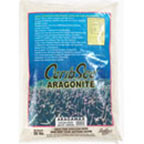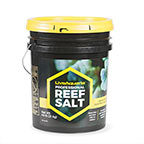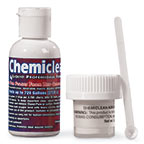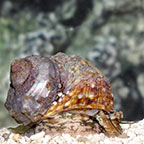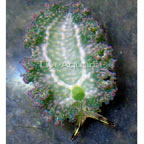Spanish Dancer EXPERT ONLY
(Hexabranchus sanguineus)
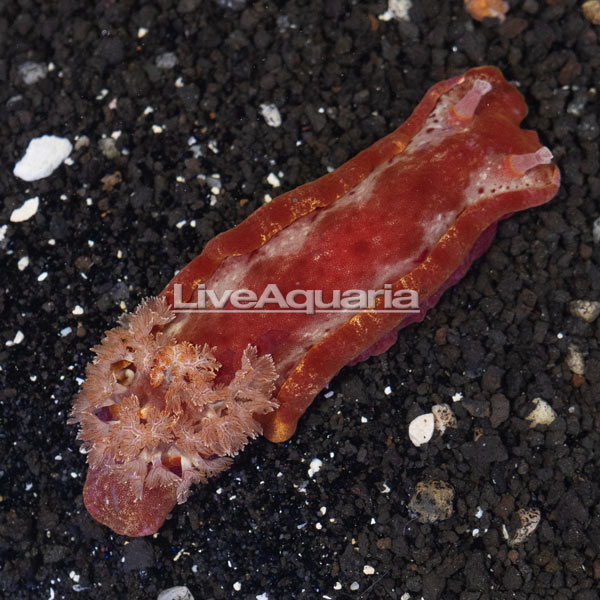
Please Note: Due to variations within species, your item may not look identical to the image provided. Approximate size range may also vary between individual specimen.
Please Note: Due to variations within species, your item may not look identical to the image provided. Approximate size range may also vary between individual specimen.

Spanish Dancer EXPERT ONLY
(Hexabranchus sanguineus)
Additional locales and sizes may be available!
Additional locales and sizes may be available! Email me when availableQuick Stats
Care Level
Expert Only
Temperament
Peaceful
Color Form
Orange, Red
Diet
Carnivore
Reef Compatible
With Caution
Venomous
Poisonous When Stressed or Dies
Family
Hexabranchidae
What do these Quick Stats mean? Click here for more information
Care Level
Expert Only
Temperament
Peaceful
Color Form
Orange, Red
Diet
Carnivore
Reef Compatible
With Caution
Venomous
Poisonous When Stressed or Dies
Family
Hexabranchidae
What do these Quick Stats mean? Click here for more information
Overview
The Spanish Dancer Hxabranchus sanguineus is a large and colorful nudibranch. A marine gastropod mollusk, it belongs to the same taxonomic class as slugs and snails and lives on coral or rocky reefs in nature. With a scientific name that literally means “blood colored six gills”, this nudibranch can swim for short periods of time. Flapping its appendages, it resembles a flamenco dress in motion as it undulates while swimming. Usually found in a mottled red color, it can contain hints of white, orange, or pink. In the absence of eyes, it will use two tentacles on top of its head as sensory organs to help it locate food, and others of its kind.
The Spanish Dancer is most active at night and is a carnivore that feeds on sponges. After consuming a sponge in the Halichondra family, it can produce a toxin that is a deterrent to predators and passes this toxin down to any future eggs to keep them safe also. That, along with their bright coloring, is a warning to potential predators.
This member of the Hexabranchidae family is a hermaphrodite but needs another of its kind to reproduce. Eggs are deposited in ribbons that are coiled among rocks or corals, resembling ribbons or rosettes.
|
Caution: This species secretes or releases toxins when stressed or injured that may kill fish in the aquarium. LiveAquaria.com cannot accept responsibility for any loss that may occur should this animal poison the aquarium. |
|
Please note: We guarantee that ALL aquaria species we offer will arrive alive and in good condition. However, because of the increased level of care required for this particular species, it has been designated as "Expert Only." This species is recommended only for the expert aquarist, zoo, or research institution. “Expert Only” aquatic life is exempt from our extended guarantee after their arrival. |




